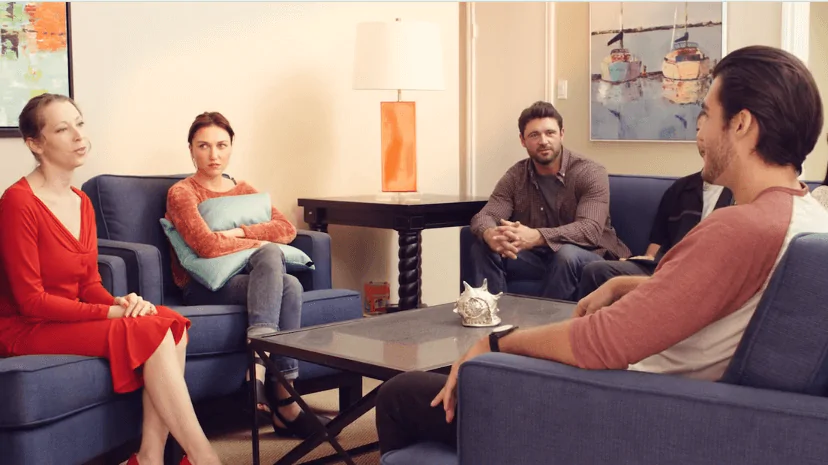24/7 Helpline:
(866) 899-111424/7 Helpline:
(866) 899-1114
Learn more about OCD Treatment centers in Dobson
OCD Treatment in Other Cities

Other Insurance Options

PHCS Network

Ambetter

Self-pay options

Providence

BHS | Behavioral Health Systems

BlueCross

Optima

Anthem

Magellan Health

Excellus

Sutter

WellPoint

CareSource

Magellan
Beacon

Horizon Healthcare Service

MHNNet Behavioral Health

UnitedHealth Group

American Behavioral

Access to Recovery (ATR) Voucher

Hope Valley – Men’s Division
Hope Valley Men’s Division is a residential alcohol and drug addiction treatment center located in D...





























































































Professional Assessment
Professional Assessment is a private rehab located in Elkin, North Carolina. Professional Assessment...

AA – Alcoholics Anonymous
AA – Alcoholics Anonymous is a non-profit rehab located in Pilot Mountain, North Carolina. AA – Alco...

Hope Valley – Women’s Division
Hope Valley - Women’s Division is located in Pilot Mountain, North Carolina. The drug rehab facility...

A New Destiny
A New Destiny is a private rehab located in Elkin, North Carolina. A New Destiny specializes in the ...

Serenity Counseling and Consulting Services
Serenity Counseling and Consulting Services is a private rehab located in Pilot Mountain, North Caro...



















































